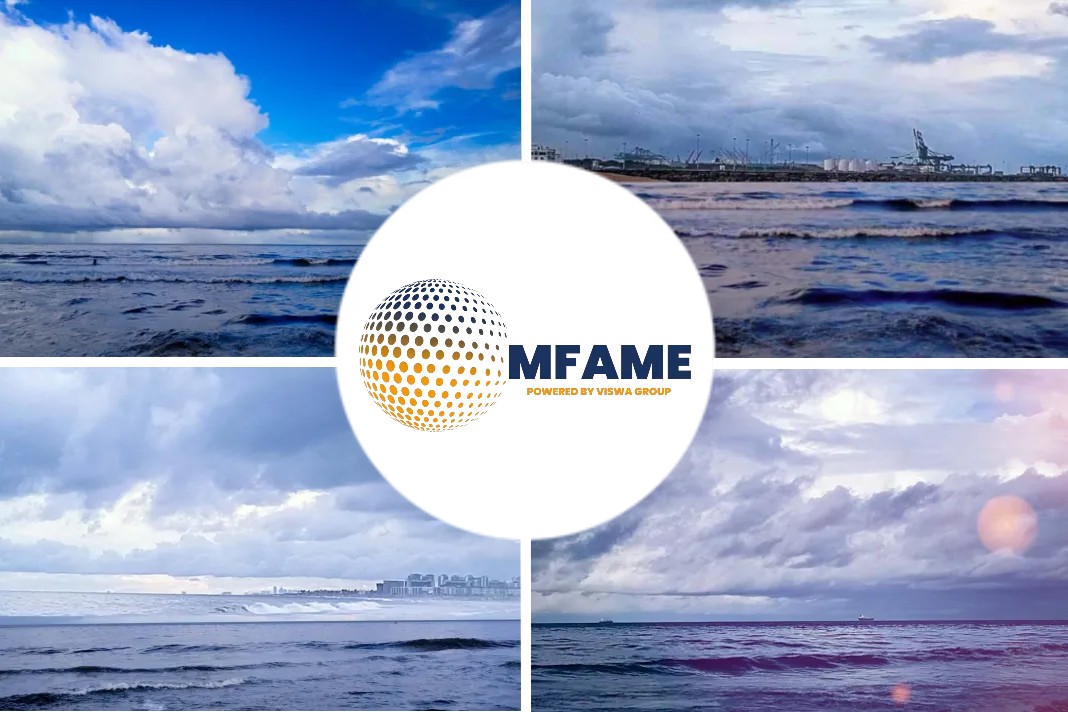German cleantech provider FUEL SAVE will deploy its combustion conditioning technology to reduce primary fuel oil consumption and cut CO2 and GHG emissions in the offshore oil and gas sector for the first time, following the signature of a contract with Seadrill, says an article published in Offshore Energy.
Combustion through the dynamic injection
Seadrill’s high-spec 6th generation West Saturn drillship will be fitted with FUELSAVE’s solution FS MARINE+, which optimizes combustion through the dynamic injection of hydrogen, oxygen, water, and methanol.
By making combustion more efficient, the system significantly reduces fuel consumption and harmful emissions, such as carbon dioxide (CO2), nitrogen oxides (NOX), and black carbon (BC). Emissions of carbon dioxide (CO2) are expected to be cut by 10-15 percent, and Nitrous Oxide (NOx) by 30-80 percent, FUEL SAVE explained in a statement on Tuesday.
About FS MARINE+ units
According to the tech company, three FS MARINE+ units will be deployed on the drillship. There will be one in each engine room, with each unit connected to two engines. This will support a total of 6 HIMSEN 16H32 / 40V engines with 8.000 kW each, or 48.000 kW MCR in total. Each will be specially configured for the vessel’s operational load profile, in line with DP3 configuration.
FUEL SAVE CEO, Marc Sima, said: “Advanced combustion conditioning has a remarkable potential to actively decarbonize the offshore industry by reducing emissions at the source in a safe and efficient manner. Our solution has a unique value proposition for the retrofit market, as the offshore sector understands the importance of decarbonizing its activities”.
Sima added: “The impact of FS MARINE+ is immediate and significant, with black carbon emissions cut by up to 33 percent and particulate matter by up to 40 percent, along with reductions in other greenhouse gas (GHG) emissions, such as nitrogen oxide (NOX) emissions. Because it actually cleans up the combustion, advanced combustion conditioning leads to real emission reductions beyond mere primary fuel savings.
“Furthermore, the system is easy to retrofit and pays for itself through its OPEX savings from fuel economies, as well as a reduction in lube oil and maintenance-related costs. With more carbon offsetting schemes and tax benefits likely to enter into force in the coming years, the option will be even more attractive for businesses in the foreseeable future”.
Seadrill’s COO, Leif Nelson, commented: “This innovative technology will have an immediate impact on our emissions and significantly reduce the environmental footprint of our operations. At a time when the entire sector must move towards sustainability, this solution will be key to support our decarbonization ambitions”.
Seadrill is operating 43 assets. Built in 2014, the West Saturn is the 6th generation ultra-deepwater drillship adapted for water depths up to 3,600 meters. The high-spec drillship, which is equipped with features such as a double derrick and automated drilling control, will be deployed in the Bacalhau field in Brazil. Partners in Bacalhau are: Equinor, ExxonMobil, Petrogal Brasil and Pré-sal Petróleo SA.
Did you subscribe to our daily newsletter?
It’s Free! Click here to Subscribe!
Source: Offshore Energy
















